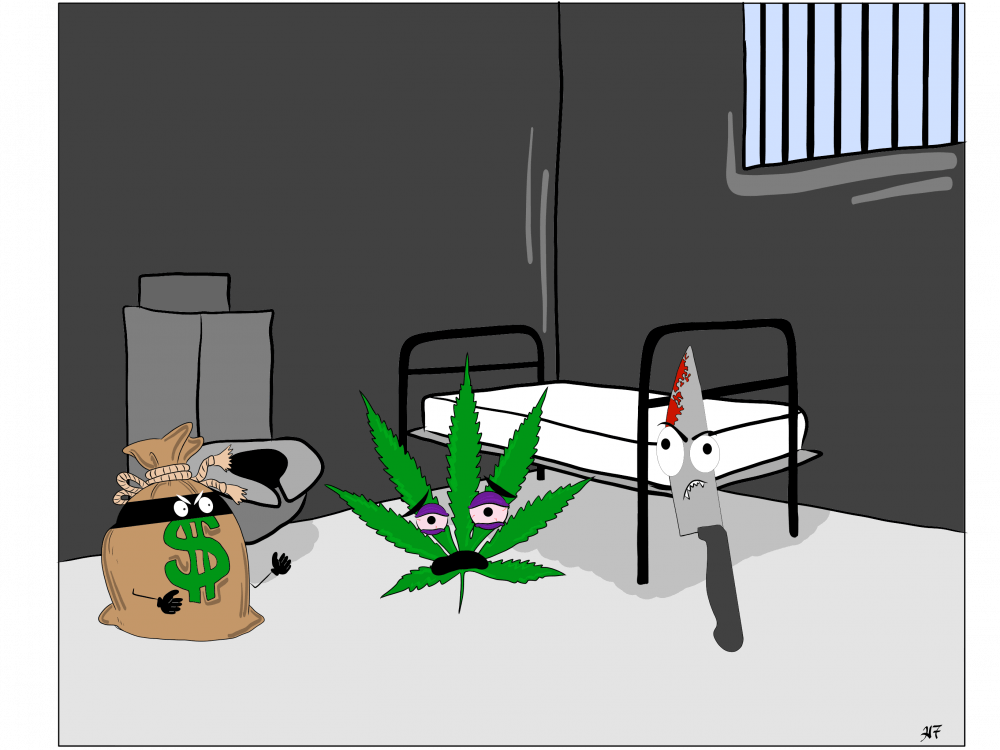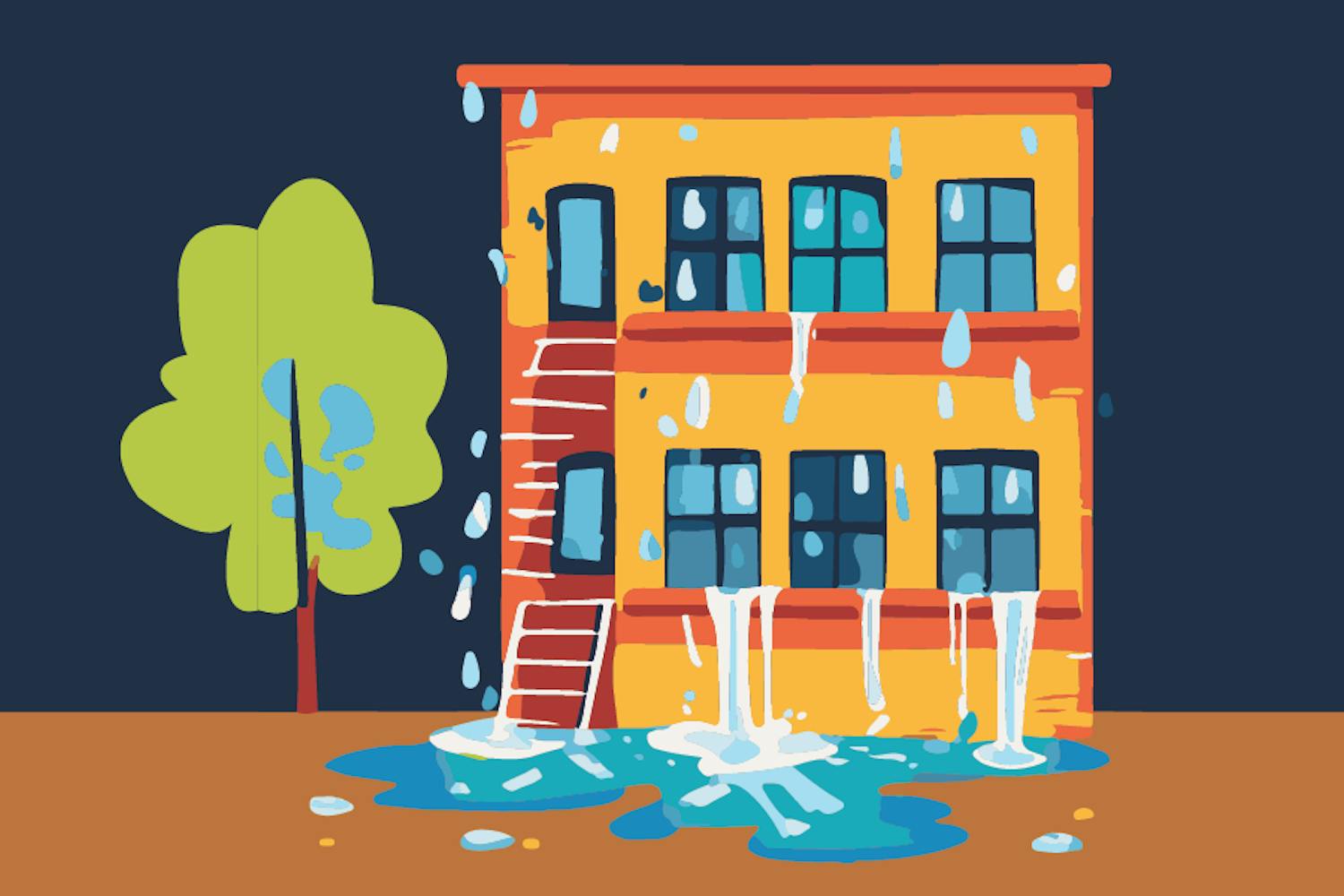The U.S. has always prided itself on personal freedoms and liberty. Here, we supposedly enjoy more freedoms than people in China and Russia. Unfortunately, prison statistics are not representative of that assumption.
In the U.S. today, there are over two million individuals sitting in prison. Our jails are maxed out: some are exceeding 100 percent occupancy. Many people sit in jail today for minor offenses like having marijuana in their back pocket during a traffic stop.
The "Tough on Crime" era began in the late 1980s, when crack cocaine was flooding inner-city streets in a white wave of violence and crime. People’s lives were being upturned by this drug, and the country felt like it had to respond.
Congress reacted by signing bills that enacted tougher sentencing laws, guaranteeing something called “mandatory minimum” sentences. State governments followed, and by 1995, our prisoner population was already at 1.5 million individuals: almost a million person increase from 1980.
Kevin Torge, an ASU graduate currently working on a law degree at New York University, thinks mandatory minimum sentences are a bad idea.
"I think mandatory sentencing is a bad thing, and it should be the role of the judge to determine the punishment of the crime," Torge said. "While I do believe being tough on crime is a good thing in general, it's the role of the judge to determine it."
Mandatory minimum sentences often tie a judge's hands, robbing them of their right to tailor sentences to a specific situation.
I suppose tough-on-crime laws “worked" if success is only measured by the increase of prisoner populations. However, one of the unbelievable little details of this new tough-on-crime stance is how differently the federal government views crack cocaine and powder cocaine.
I am thankfully not an expert on cocaine or its use, but a cursory Google search tells me that crack cocaine is just powder cocaine mixed with baking soda. However, what's interesting is how these new laws targeted crack cocaine but not powder cocaine.
Well, crack cocaine was an inner-city drug, while powder cocaine was something for the Wall Street lifestyle. Basically, white people chose to use powder cocaine, and powder cocaine doesn't result in nearly the same kind of damaging prison sentences as crack does. Ironically, crack is more frequently used by poorer minority populations due to its affordability.
There’s only one possible outcome from the scenario described above: a justice system that unfairly targets and punishes minority populations, especially young black men, and allows people with more privilege skate by.
According to the NAACP, although whites use illicit drugs at five times the rate of blacks, blacks go to prison ten times more often. The end result is a prison population that is unbalanced.
We seem overeager to jail citizens and just throw away the key. Private prisons even profit from the incarceration of other human beings, and in some parts of the country, judges are elected. Potential reelection can hinge on how tough their sentences are.
We should step away from the attitude that the end goal of the prison system is punishment and replace our justice system with one that’s more compassionate.
I’m not saying we need to hand every murderer a bag of candy, but we do need to have a justice system geared toward rehabilitation. We need a system that makes it possible for an individual to leave prison and not immediately return.
Thankfully, we're slowly getting better. This generation seems more open to rehabilitate instead of punish prisoners. As a result, President Obama has commuted the sentences of more federal drug offenders than the past nine presidents combined.
Instead of mandatory minimum sentences, we should have mandatory drug counseling and rehab for people sent to prison over drug issues. Especially on the “use” side of drug crime, we should be helping people beat their various addictions and returning to society as better individuals instead of letting them withdrawal on a prison hospital bed.
Instead of getting the treatment and counseling these addicts need, they currently have to find a way to survive a general population with murderers, gang members and rapists all because they chose to use an illegal drug. That’s one hell of a rehab stint.
Reach the columnist at cjwood3@asu.edu or follow @chriswood_311 on Twitter.
Editor’s note: The opinions presented in this column are the author’s and do not imply any endorsement from The State Press or its editors.
Want to join the conversation? Send an email to opiniondesk.statepress@gmail.com. Keep letters under 300 words and be sure to include your university affiliation. Anonymity will not be granted.
Like The State Press on Facebook and follow @statepress on Twitter.




